Register for free and continue reading
Join our growing army of changemakers and get unlimited access to our premium content
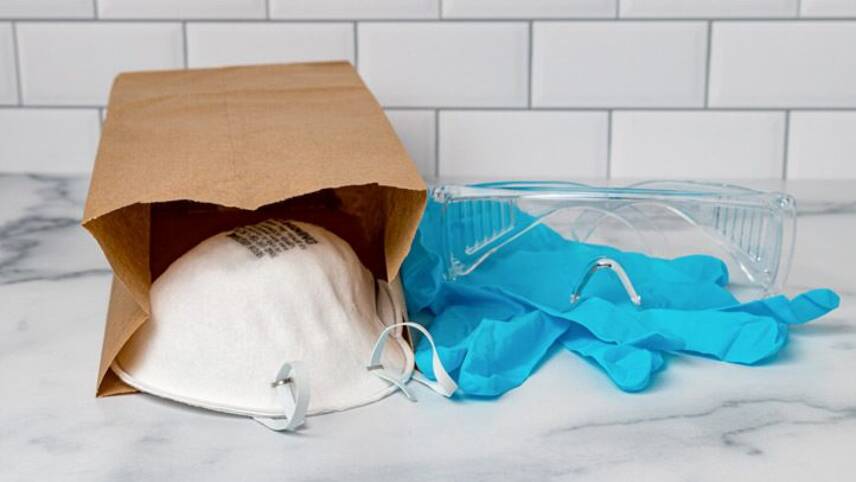
Single-use plastic items have become symbolic of the pandemic
As Bloomberg put it in a recent feature: Plastics had been falling out of favour – then came the virus.
The wave of plastics action sparked by Blue Planet 2 in 2017 was de-prioritised overnight as nations, states and businesses pivoted to tackle the immediate public health threats posed by the Covid-19 pandemic. Billions of pieces of plastic-based PPE were distributed in the UK alone between March and April. Within weeks of the WHO’s pandemic declaration, PPE was found littering landscapes and polluting water habitats globally.
Meanwhile, some cities, towns and states were forced to decrease their plastics recycling provision to enable social distancing and cut costs. Some businesses which had been betting on refill models hit pause on these initiatives. Some foodservice businesses pivoted to takeaway-only services to stay afloat, resulting in increased plastic packaging use.
While public health is rightly front-of-mind and many of these moves are considered necessary to avert a second spike, the big plastics lobby has been accused of capitalising on health fears to boost profits.
With all of this in mind, it is to be expected that consumer attitudes towards plastics are changing. Three major new surveys on the subject have been published this week, by Amcor, TIPA and Veolia and Imperial College respectively.
Amcor polled 4,000 consumers across mainland Europe to ascertain the public’s understanding of on-pack labels and other communications relating to the sustainability of packaging materials. TIPA tracked changing packaging consumption during the pandemic and sought to garner opinions towards compostable and biodegradable alternatives to fossil-based plastic packaging, by surveying 2,014 UK-based adults. Veolia conducted lifecycle analyses of different packaging materials and asked more than 4,000 participants globally whether they were aware of the conclusions.
Here, edie rounds up the key findings of all three pieces of research.
Veolia
Amcor
TIPA
Sarah George
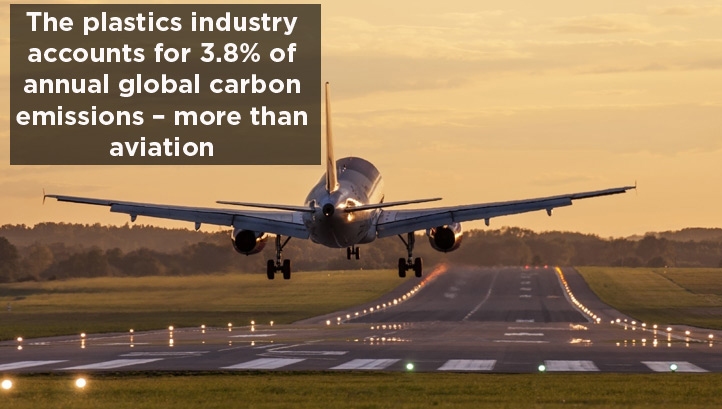
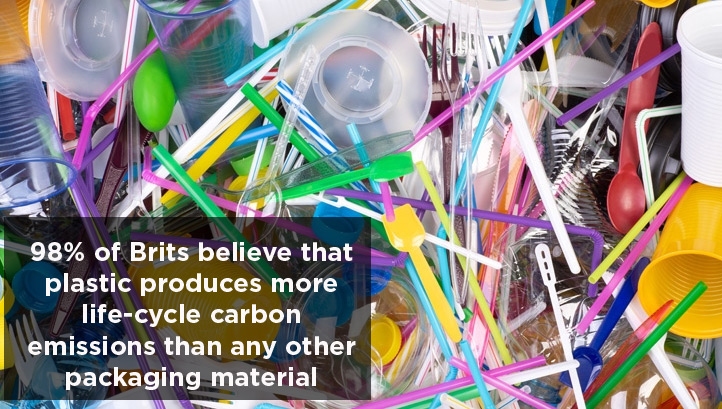
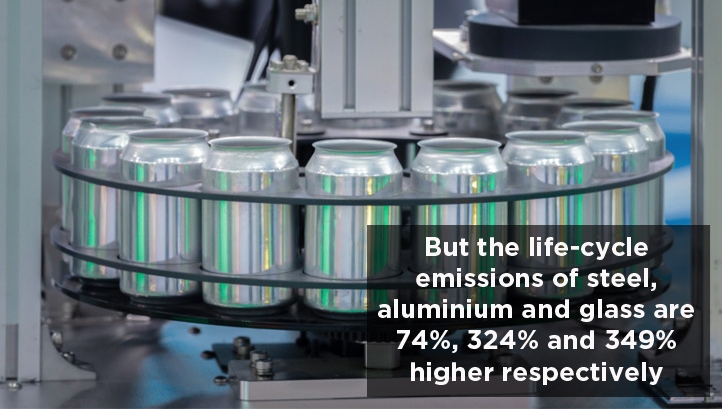
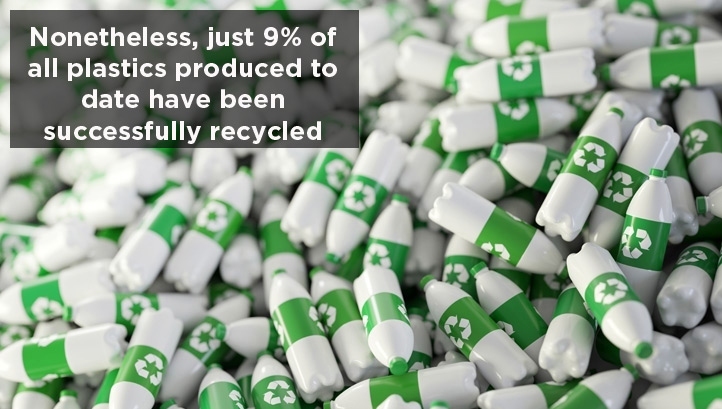
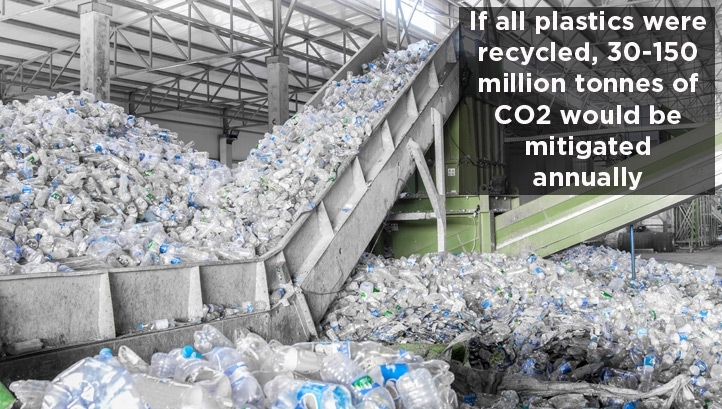
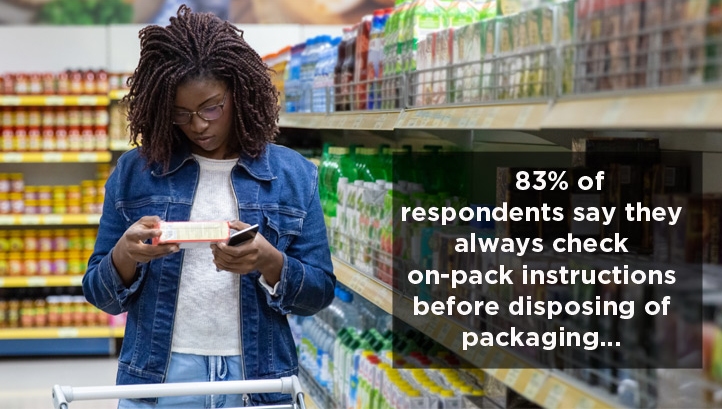
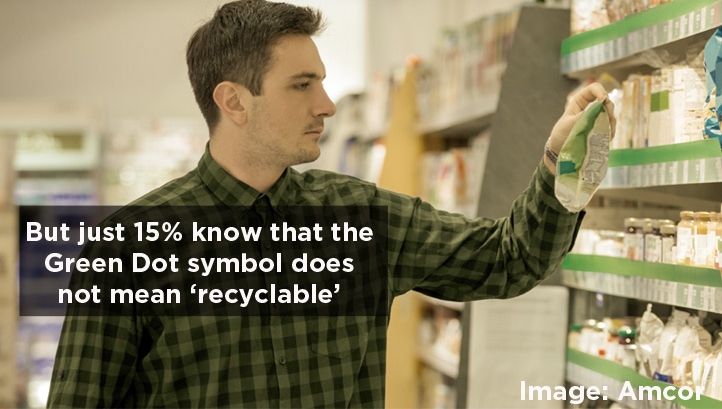
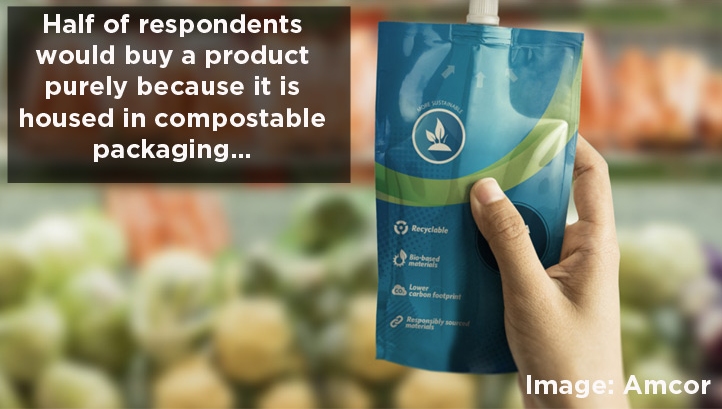
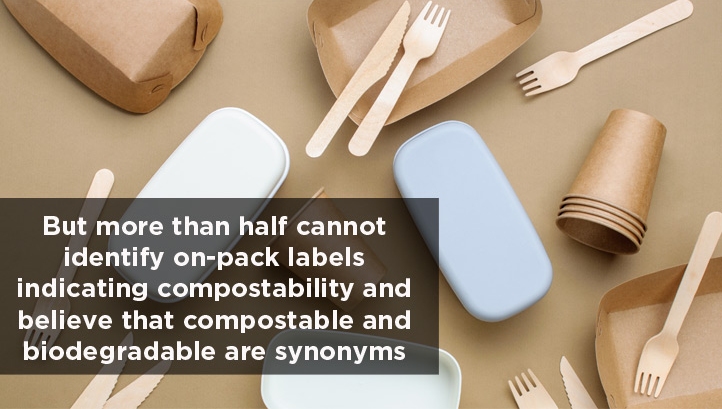
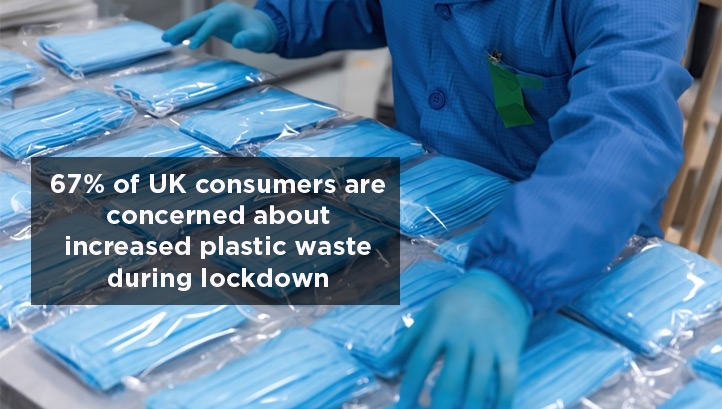
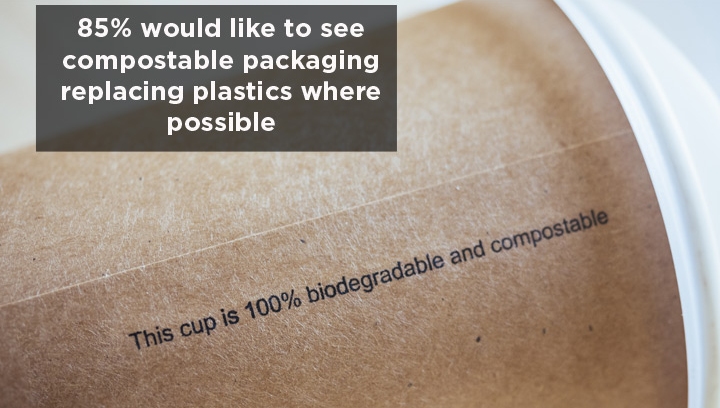
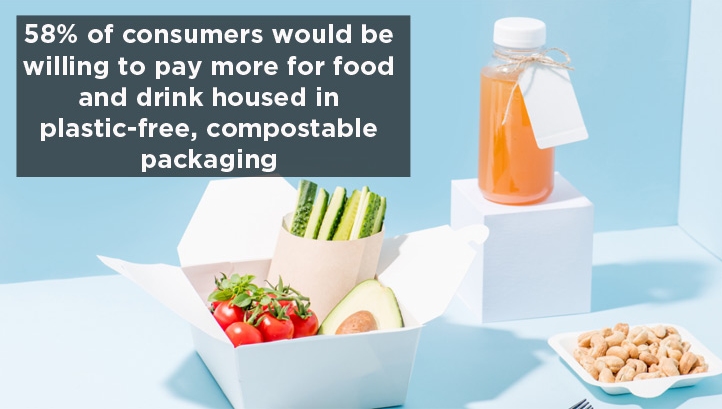
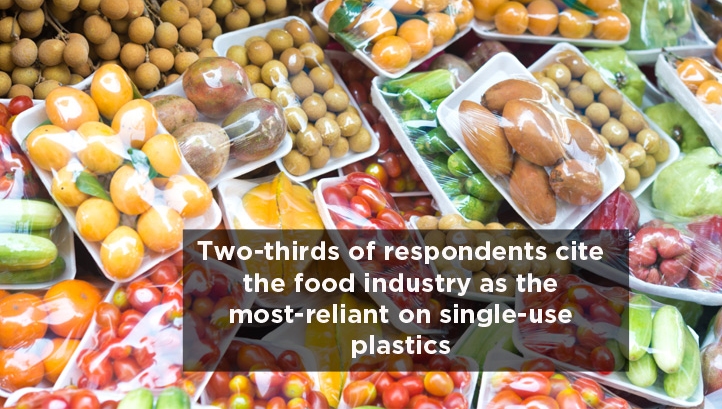


Please login or Register to leave a comment.